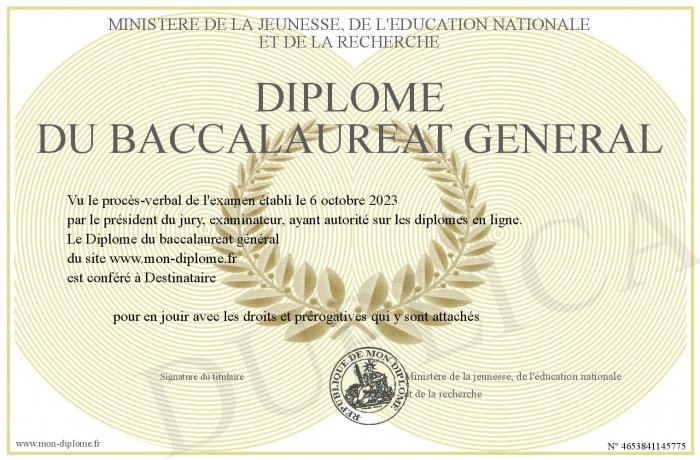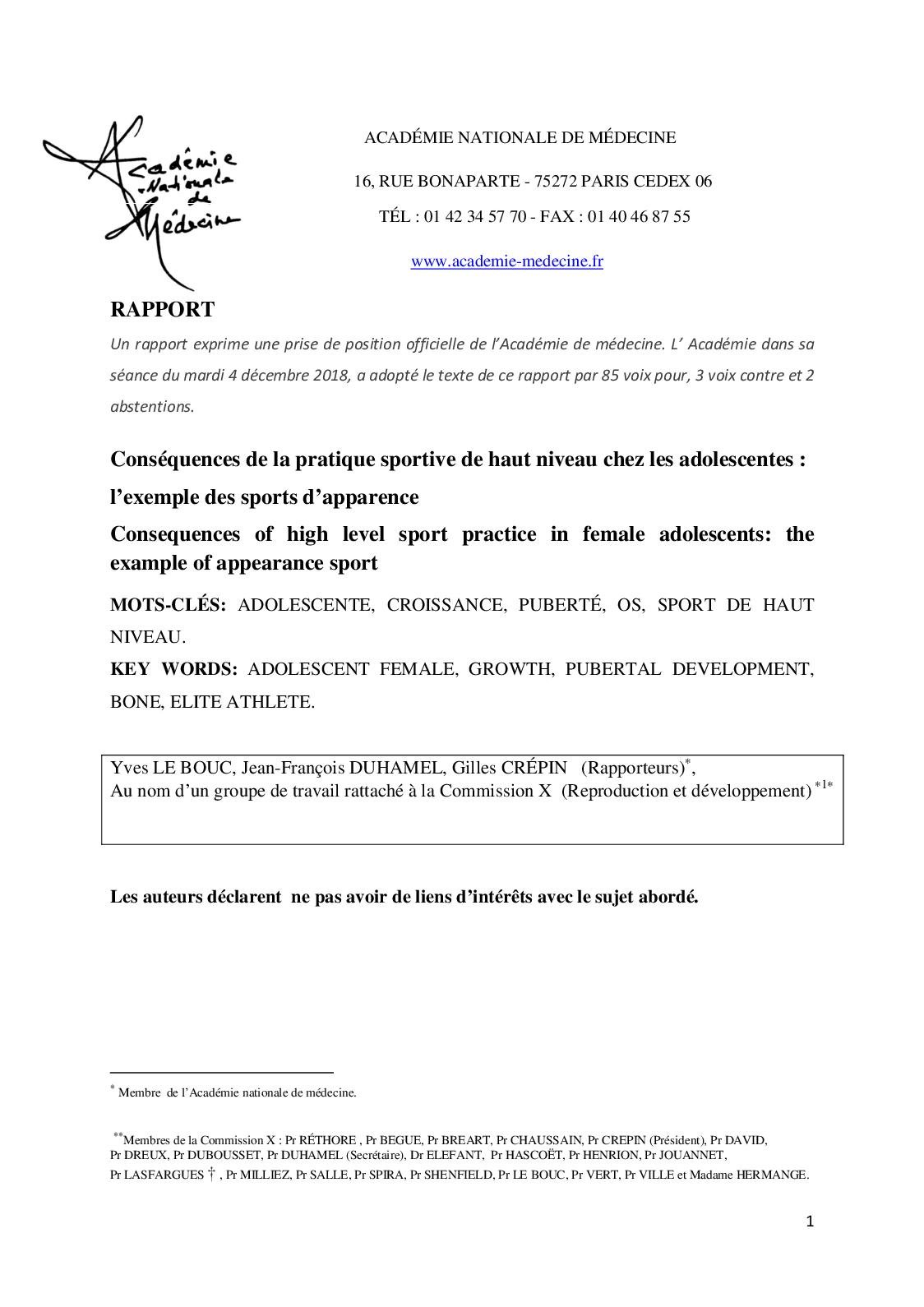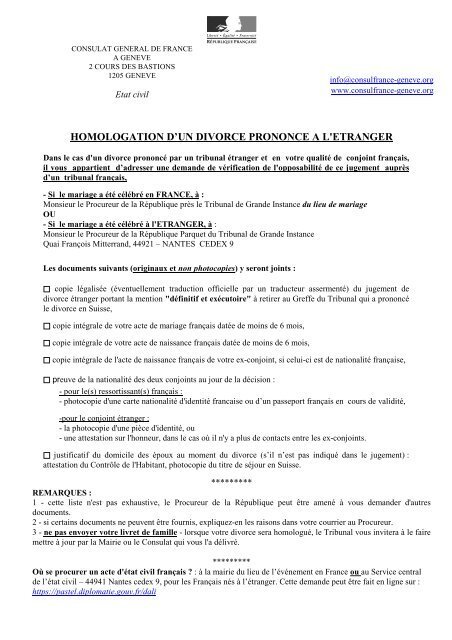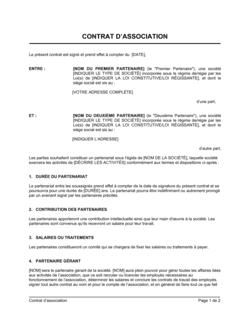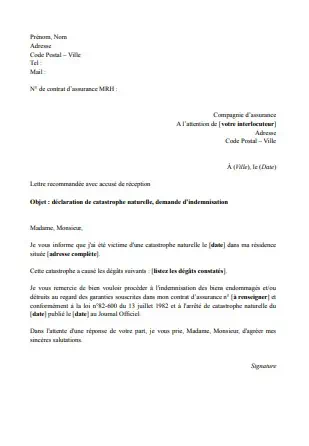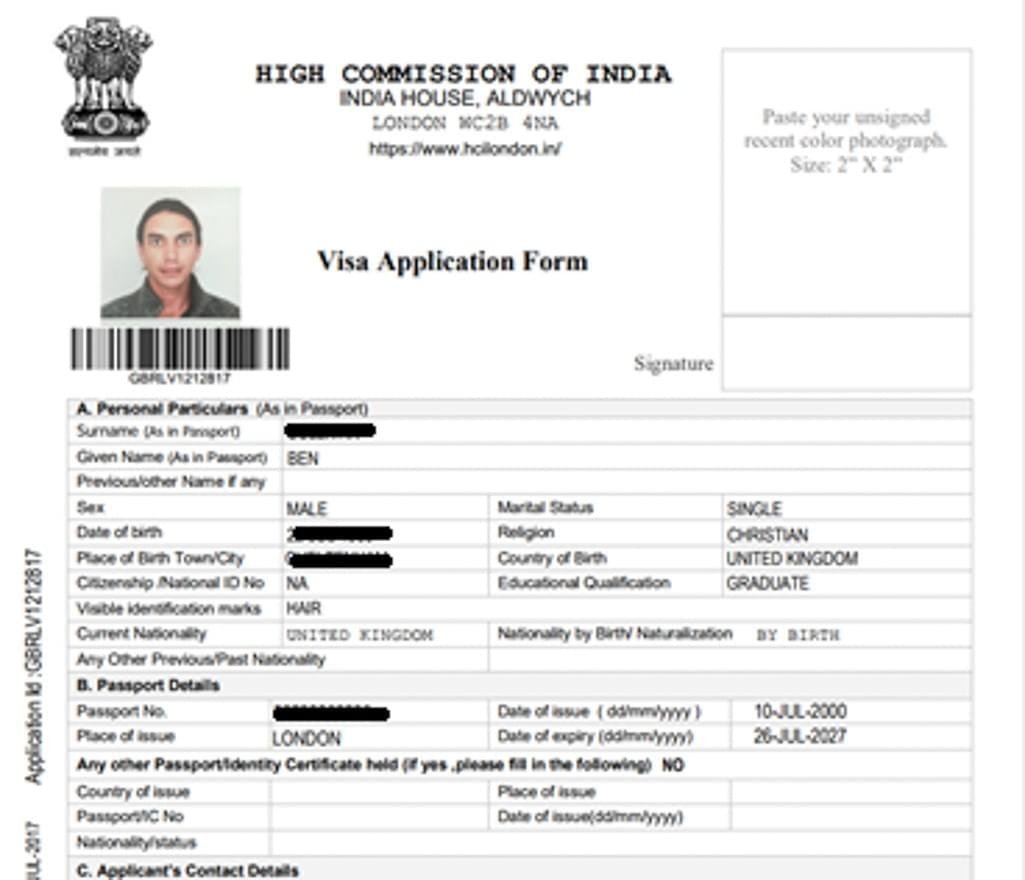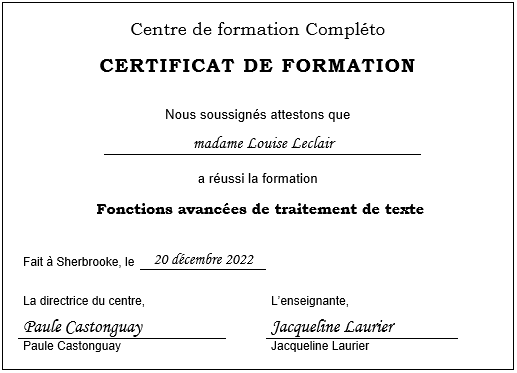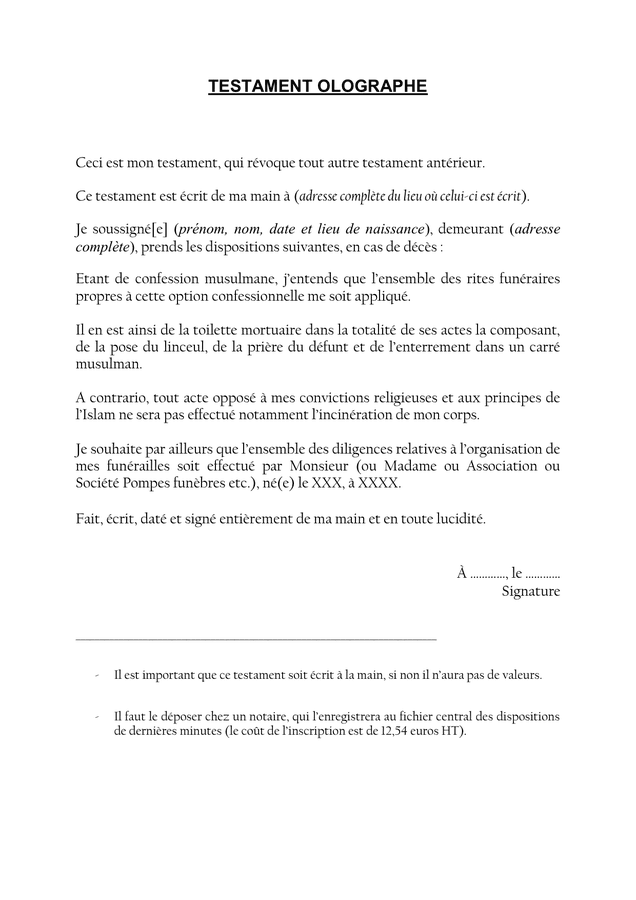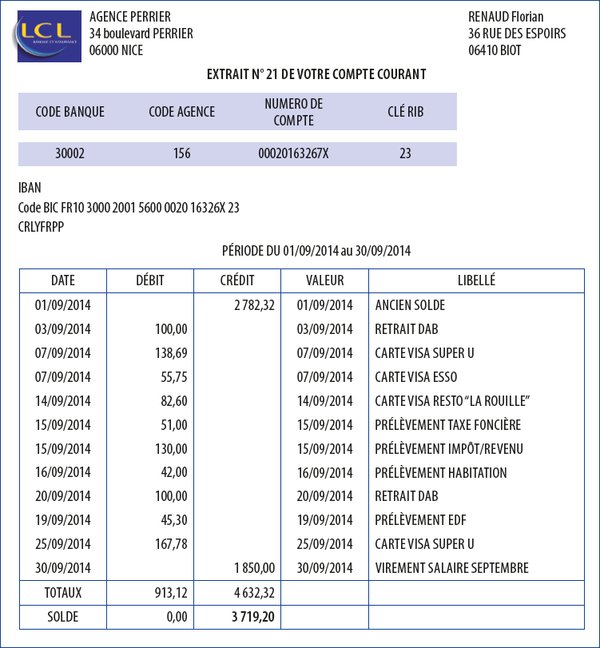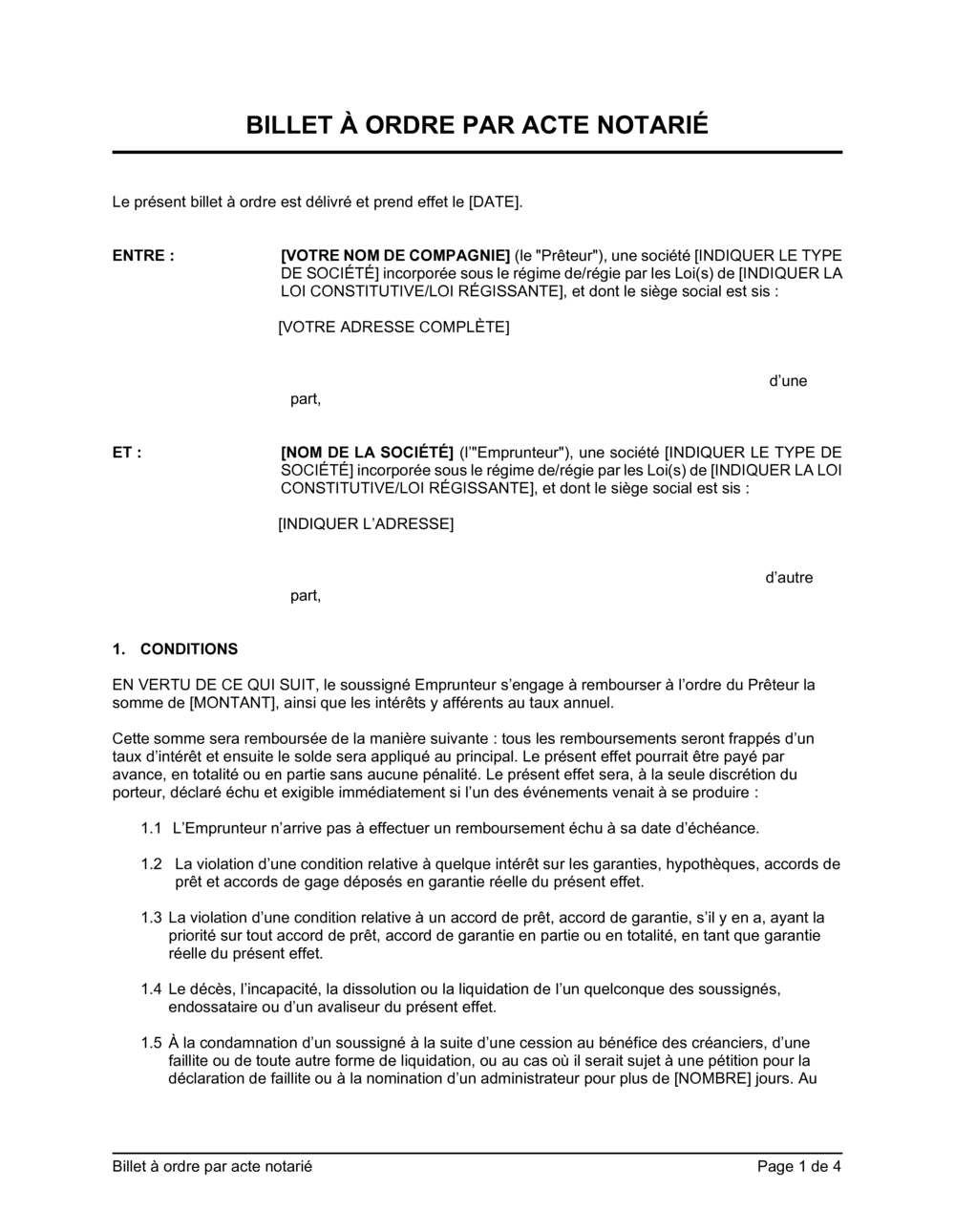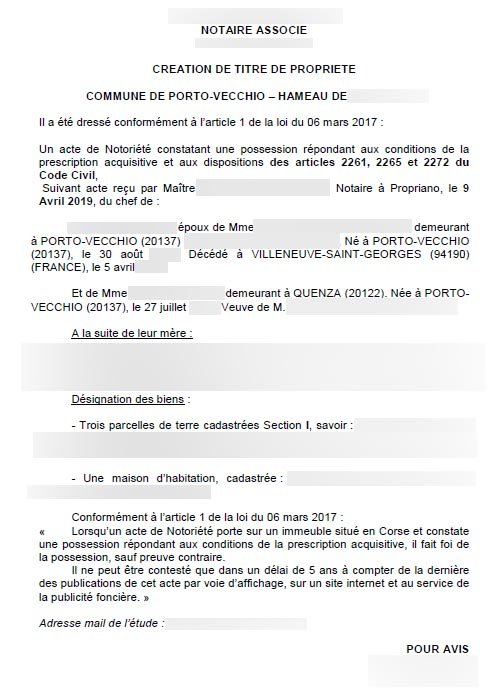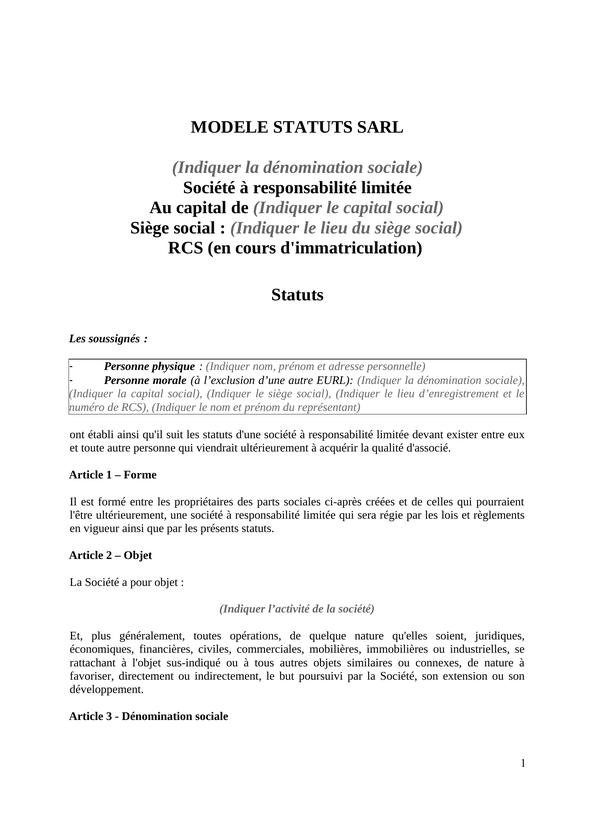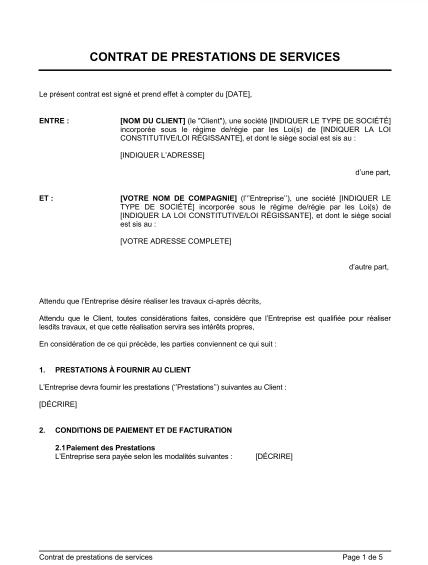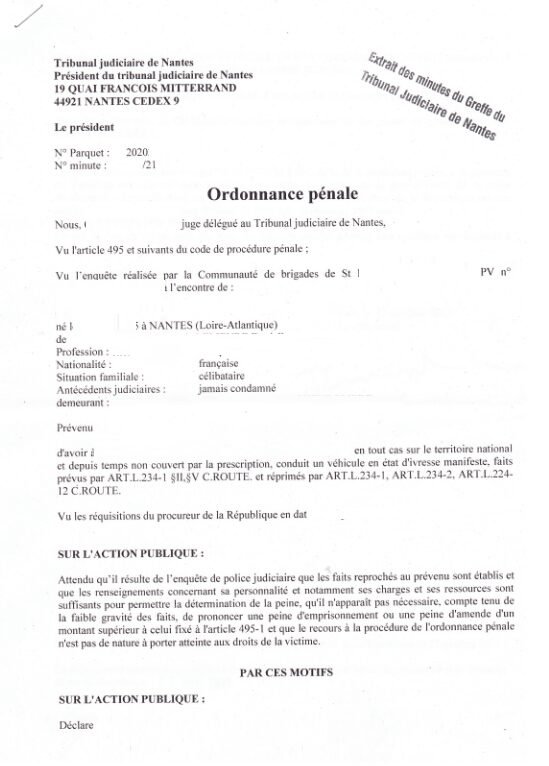It is compulsory to use a sworn translator for certain types of official document, such as legal proceedings, notarial deeds, bailiff's deeds, administrative documents, etc. If the document is to be presented to a French public institution such as a prefecture, town hall or court, it must be translated and certified by a sworn translator approved by a French court of appeal.
However, it is advisable to ask the relevant authority whether it requires a sworn translation of the document. Some authorities may accept unsworn translations for certain types of document. It is therefore important to check with the relevant authority before having the document translated.






